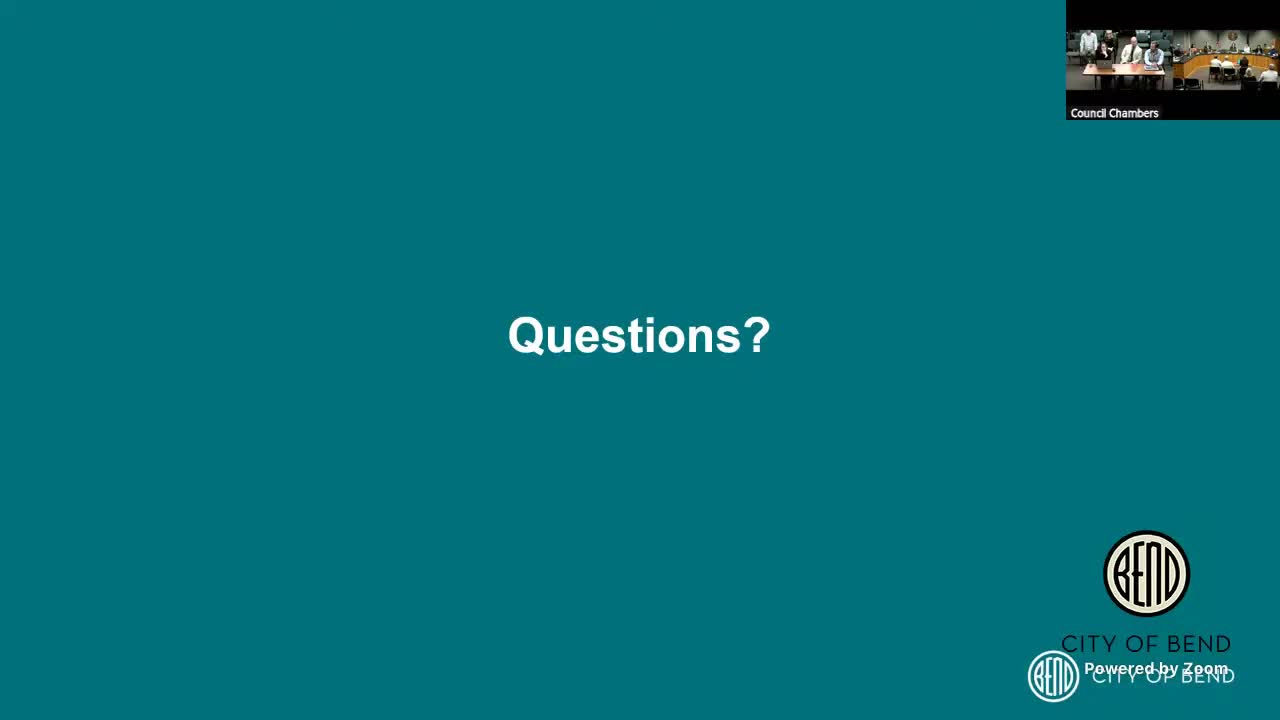Public comment ahead of council electrification work session shows split views on fees and gas-phaseout
Get AI-powered insights, summaries, and transcripts
Subscribe
Summary
Dozens of residents, business owners and utility representatives addressed the council on an electrification policy and proposed climate-pollution fee; the council scheduled a dedicated work session next week for staff briefings and more discussion.
At the start of the council’s public-comment period, many people addressed an upcoming electrification policy and a proposed climate-pollution fee. Mayor and staff reminded speakers that the council will hold a dedicated work session the following week for policy discussion and that public comment is heard at regular meetings.
Comments reflected a wide range of views. Speakers urging strong climate action said a fee on fossil-gas infrastructure is needed to accelerate building electrification and protect public health. “Transitioning our infrastructure off of natural gas to cleaner alternatives reduces the risks that natural gas poses to our community,” said Mikayla May, a Caldera High School student who told the council she has lived near gas infrastructure her whole life.
Other speakers urged caution, warning added costs could worsen housing affordability or stress utility systems. Business owners and residents asked the council to consider economic impacts such as higher development costs and electrical-rate pressures. “Any additional fees on housing development will increase housing costs and will decrease housing production coming at a time when the city needs to produce more housing than ever before,” said Travis Davis, a local business operator.
Representatives of trades unions and gas providers urged coordinated utility planning. Jeff McGilvray, representing Plumbers and Steamfitters Local 290, cited Eugene’s recent experience and said a rapid, mandatory fuel switch had strained community trust. Cascade Natural Gas and other utilities said they are testing “dual-fuel” and hybrid approaches and asked to work with the city on pilots and data collection before setting fee levels.
Advocates for a fee said statewide and regional changes—reduced snowpack, wildfire risk and long-term climate impacts—make early action necessary. Several speakers noted a council work session on the topic the following week and urged the council to adopt strong, equitable measures. The council did not take action on the policy during the meeting and said staff will lead a detailed work session with no public-comment period on that session; the public may submit written comments ahead of and after the work session.
